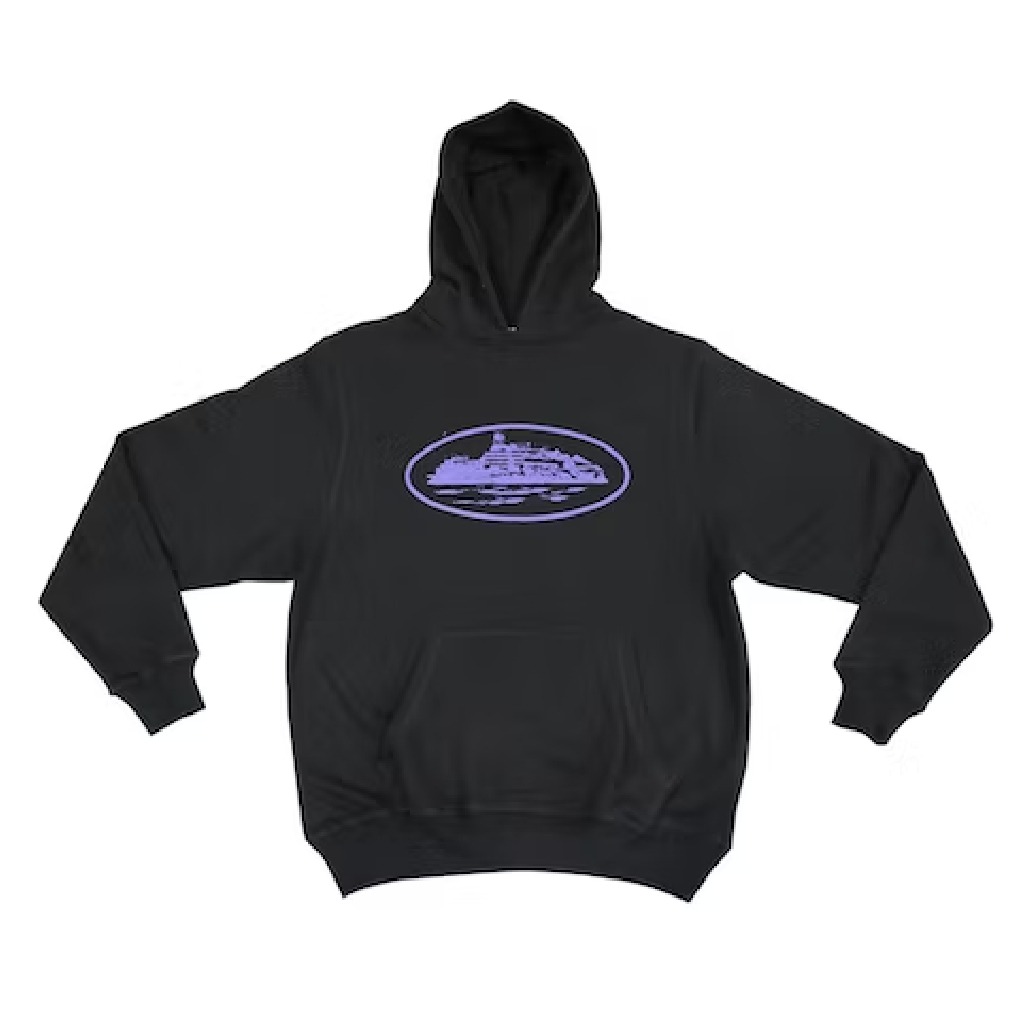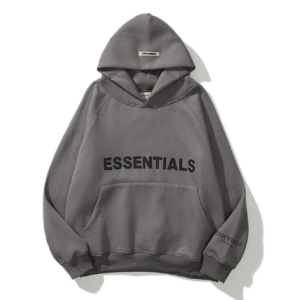Installing a perimeter fence is one of the most effective ways to secure your property while enhancing its visual appeal. A well-designed fence not only defines boundaries but also provides privacy, adds safety, and increases property value. Whether for residential, commercial, or industrial use, perimeter fencing has become an essential element in modern property management.
What is a Perimeter Fence?
A perimeter fence is a physical barrier that encloses a property, marking its boundaries and providing security against intrusions. Unlike decorative or garden fences, perimeter fences are designed primarily for safety, privacy, and durability. They can vary widely in materials, height, and design depending on the intended use.
In urban and suburban areas, perimeter fences help homeowners prevent unauthorized access, protect children and pets, and ensure a sense of privacy. For businesses, fences safeguard equipment, deter trespassers, and comply with safety regulations.
Types of Perimeter Fences
Perimeter fences come in a variety of materials and styles to suit both aesthetic and functional needs.
Metal Fences (Steel, Aluminum, Wrought Iron)
Metal fences are renowned for their strength and longevity. Steel and aluminum options provide robust protection, while wrought iron offers a decorative and classic aesthetic. Metal fences are ideal for high-security areas, commercial properties, or modern residential designs.
Wooden and Timber Fences
Wooden fences provide a natural look, blending seamlessly with gardens and landscapes. Timber fences are customizable in height, design, and finish. They offer moderate security while enhancing aesthetic appeal, making them a popular choice for residential properties.
Vinyl and Composite Fences
Vinyl and composite fencing are low-maintenance alternatives that resist weathering, rotting, and insect damage. They come in a range of textures and colors, including wood-like finishes, combining durability with style.
Key Benefits of Installing a Perimeter Fence
Security and Privacy
The most important function of a perimeter fence is security. Fences act as a deterrent for trespassers, safeguard children and pets, and provide a sense of privacy. High fences, such as palisade or mesh styles, enhance protection for residential or commercial properties.
Aesthetic Appeal
A perimeter fence can complement the overall design of your property. From modern metal panels to classic timber picket fences, the right fence enhances curb appeal and creates a polished, professional look.
Property Value Enhancement
Investing in a durable and visually appealing fence can increase your property’s market value. Buyers often consider well-maintained boundaries and security features as valuable additions.
How to Choose the Right Perimeter Fence
Consider Your Property Needs
Assess why you need a fence. Is security your primary concern, or do you want privacy and aesthetic improvement? The purpose will guide your choice in materials, height, and style.
Material and Style Selection
- Metal: Long-lasting, high-security, suitable for industrial or upscale residential properties.
- Wood: Versatile, aesthetic, moderate security.
- Vinyl/Composite: Low-maintenance, weather-resistant, suitable for both indoor and outdoor applications.
Budget and Maintenance Considerations
Cost varies depending on material, design complexity, and installation method. Wooden fences may require periodic staining, whereas metal and vinyl fences demand less maintenance over time.
Installation Options: DIY vs Professional
DIY Fence Installation Tips
DIY installation is possible for smaller projects or simple designs. Key tips include:
- Ensure accurate measurement and planning.
- Prepare the ground and level the posts correctly.
- Use quality tools for cutting, securing, and finishing.
- Follow manufacturer instructions for adhesive or fastening systems.
Hiring a Professional Contractor
For larger or high-security fences, hiring a professional ensures proper installation, compliance with local regulations, and a clean finish. Contractors also offer warranty services, which can extend the lifespan of your perimeter fence.
Maintaining and Caring for Your Perimeter Fence
Regular maintenance prolongs the life and appearance of your fence:
- Cleaning: Remove dirt, debris, and mildew using mild soap and water.
- Repairs: Replace damaged panels, posts, or fasteners promptly.
- Protective Coatings: Apply stain, paint, or sealants for wooden fences to prevent weather damage.
Common Applications for Perimeter Fences
Perimeter fences are versatile and serve multiple functions:
- Residential: Privacy, pet containment, child safety, and aesthetic appeal.
- Commercial: Securing warehouses, parking lots, and restricted areas.
- Industrial: Protecting machinery, storage areas, and high-risk zones.
- Agricultural: Containing livestock and safeguarding crops.
FAQs
- What is the best material for a perimeter fence?
Metal fences offer high security, wood provides aesthetics, and vinyl/composite is low-maintenance. Choose based on your needs. - How tall should a perimeter fence be?
For residential privacy, 6-8 feet is typical; commercial security fences may exceed 8 feet. - Can I install a perimeter fence myself?
Yes, for small or simple fences, DIY installation is possible, but professionals are recommended for complex projects. - How much does a perimeter fence cost?
Cost depends on material, design, and installation. Expect $15-$50 per linear foot for standard residential fencing. - Do I need a permit to install a perimeter fence?
Local regulations vary; consult your municipality or homeowner association before installation. - How long does a perimeter fence last?
Metal fences can last 20+ years, wood around 10-15 years with maintenance, and vinyl 15-20 years. - Can perimeter fences enhance property value?
Yes, a well-installed and aesthetically pleasing fence adds security, privacy, and curb appeal, increasing property value.






